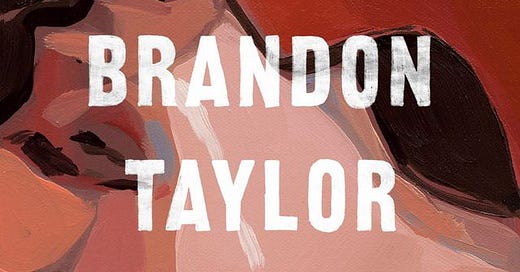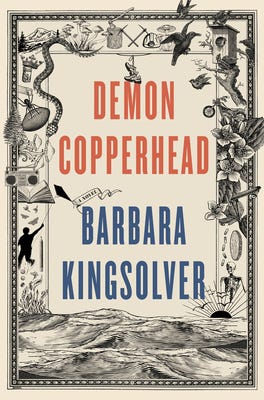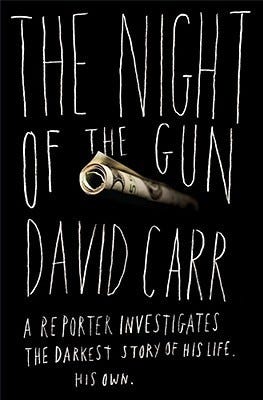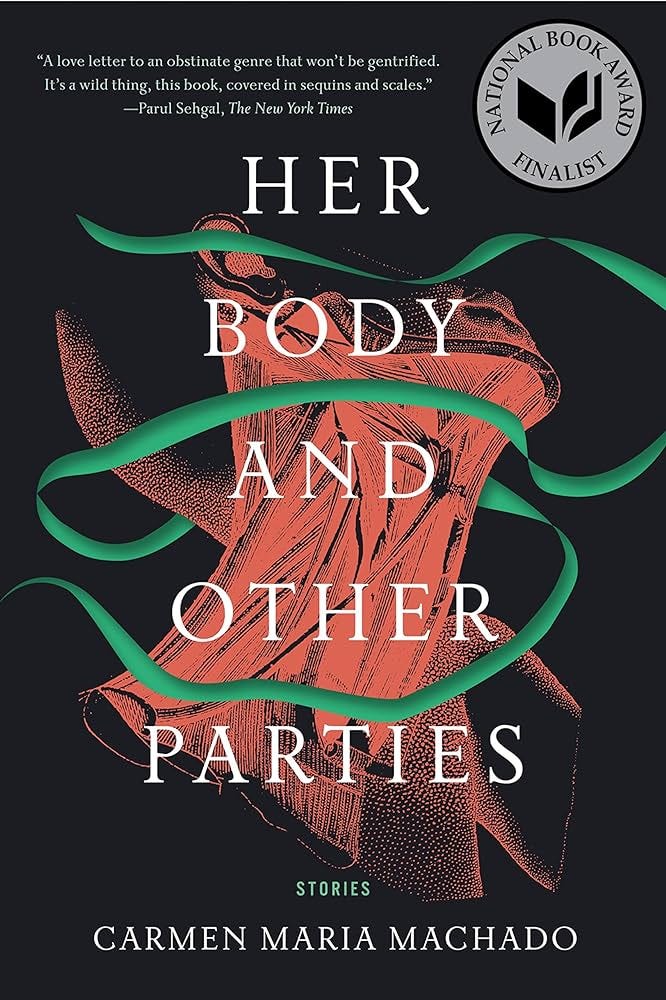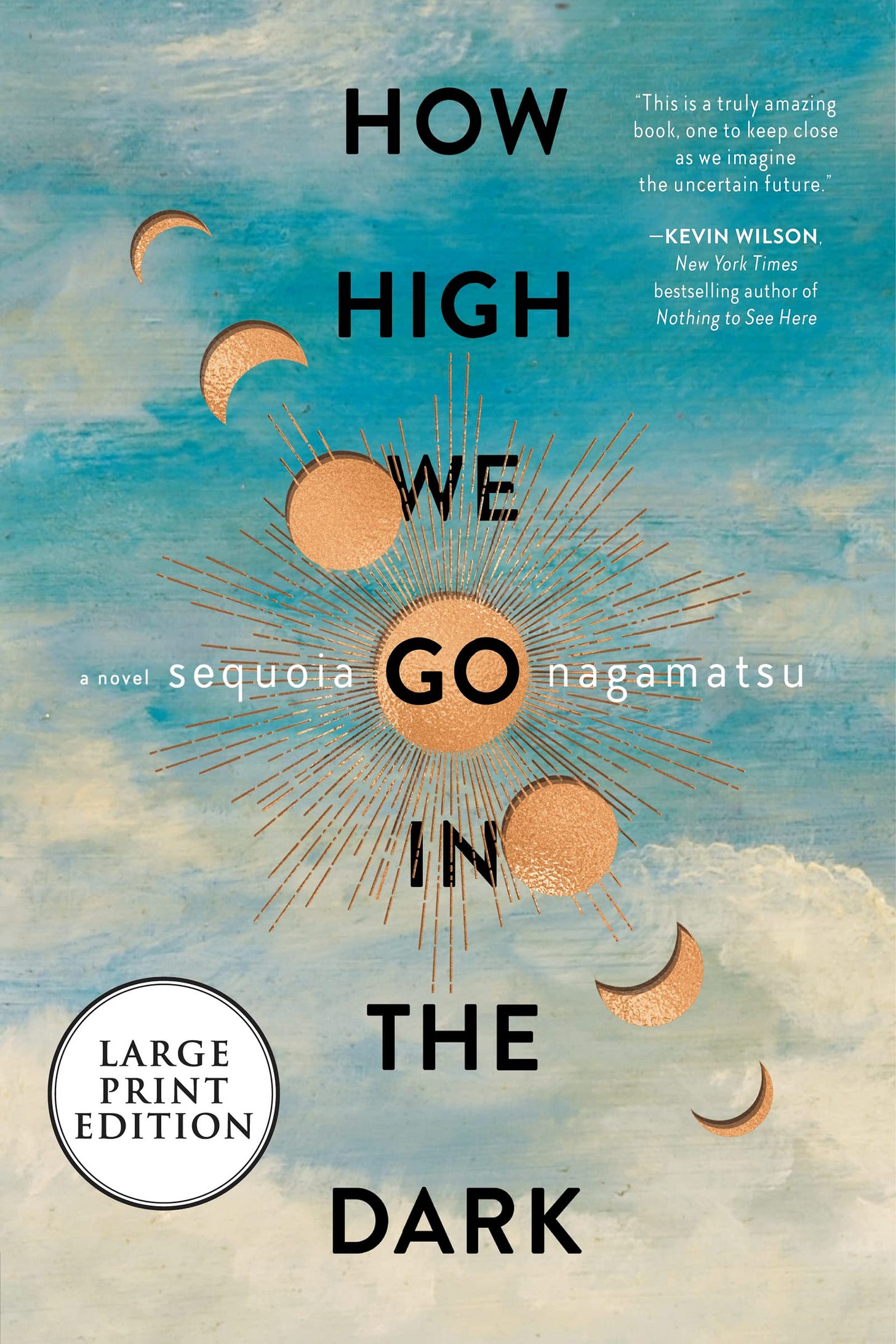Thanks to Substack, 2023 was the first year in my career that I had a constant, sustained writing practice.
Before 2023, I operated on sporadic bursts of inspiration and an on-and-off relationship with journaling. I’d etch out one or two essays a year, submit to whatever online journal I could find without ever reading the other work they published, and continue on my merry way, hoping I could make it another day calling myself a writer without putting in any real effort to live like one.
But as I fuddled around with my writerly identity, I sustained my relationship to language with reading.
I cannot remember a time where I was not in love with reading books. I started reading when I was 3. I read well beyond my grade-level all throughout elementary school. In high school, when other kids messed around after finishing their work, I sat at my desk and read. There is something so invigorating, challenging in the ways I need to be challenged, that overcomes me when I read a book.
So it felt off-putting for 2023 to be the least productive year of reading I’ve had since college. Between moving to a new city, beginning a new job, writing my Substack (and sticking to a mostly regular publishing schedule), and planning a wedding, I just simply didn’t have enough time.
But I simply could never fully give up my first love, and I took what time I could to dive into the world’s of brilliant people talking about interesting things.
Here are five books I loved in 2023.
1. The Late Americans by Brandon Taylor
Brandon Taylor quickly became one of my favorite writers this year. I envy his critical thinking skills. Everything — his tweets, his essays, his fiction — are thoughtful and pensive and observant.
The Late Americans is set on the University of Iowa campus, where I went to college. It’s so rare for me to have such personal connections to a novel. Something I’m actively working to fix is my habit of seeing Iowa as some place that’s inherently boring or cultureless. The way Brandon can find story in even a bleak, Iowa winter on a homogenous campus is a delightful challenge to look deeper, expand my thoughts about what my home can be.
Brandon gives care and attention to those with identities often ignored here in Iowa. He shows his distinct, complex characters that their stories affect the world’s narratives, too. This book reminded me that the conflict in all of our lives deserves to be explored.
2. Demon Copperhead by Barbara Kingsolver
I couldn’t put down fiction this year, which was a departure from my normal love of essay, memoir, and nonfiction. I think this is because so much of my day job is spent operating in the concrete. I crave a little escape sometimes.
The voice in Demon Copperhead is so vibrant and specific. The main character, Demon, lives a life that is so wholly foreign to me. Kingsolver’s voice helped me empathize with Demon while never take on his experience with him, as if he was a friend recounting his life story over a cup of coffee.
I did feel this book was about 150 pages longer than it needed to be, and her portrayal of teen girls was rooted in horrendous stereotype, but so much of the narrative held me in its grasp. From the beginning, we know she was inspired by the novel David Copperfield by Charles Dickens, and now I wonder if that’s a book I should pick up in 2024. (Spoiler: I probably won’t)
3. The Night of the Gun by David Carr
Ever since a creative nonfiction writing workshop my senior year of college, I’ve fallen madly in love with memoir’s ability to look a past self in the eye and say, “yep, we did that fucked up shit.” To hold that person along side your current and future selves and understand with grace that together they are one yet still distinct human beings with nothing common at all.
David Carr does not fear who he was. He’s frank with his readers, and himself, because he was there, he knows he did these things even if he doesn’t understand why. But he fascinatingly complicates that idea because his past self was not his whole self. He’s the quintessential unreliable narrator, yet he never hides that fact from you.
I love a memoir about fucked up shit. Grief, addiction, illness, pain inflicted both by and for others. I believe more people should stop being afraid of facing our humanity, and David Carr believes that, too. A few years ago, I read his daughter’s memoir, All That You Leave Behind, about her father’s addiction and death and ultimately her own struggles with addiction, and it was fantastic. His legacy, along with a body of incredible work, is his encouragement to his daughter to face her own humanity, too.
4. Her Body and Other Parties by Carmen Maria Machado
I am not normally a lover of the horror genre. But Carmen Maria Machado, a graduate of the Iowa Writers Workshop, is so captivating that it was impossible for me to not pick this book up. Her writing is so moody, intense, seductive. Beautiful in a way that makes the discomfort worth it.
On face value, I want to say she’s twisted. But she actually just sees the reality of women with clearer eyes than anyone. She knows the intimate ways our lives are a perfect blend of terror and beauty, love and obsession. Her perspective is invaluable for a world that somehow, some way, still doesn’t know what to make of feminine presenting people.
Her story inspired by “Law & Order” has one of the most fascinating premises I’ve ever encountered. Short fiction writers know how to say so much in such little space. I wish I could, too, but I feel I have too much to say. I think Machado would really understand that about me.
5. How High We Go in the Dark by Sequoia Nagamatsu
Plague narratives are such a wildly unsettling experience after Covid. This is the story of the discovery of a virus in Siberia that causes organs to transform into other organs, a fate that arguably sounds a lot more….gruesome than what we’ve experienced since 2020.
This novel is sprawling. It’s one of those that makes me adore writing as an art — our capabilities to expand the world into planes of imagination that seem impossible to reach, a collection of people with such uniquely deep voices and existences. The deep brilliance of a narrative that grasps at reality in hopes of reworking it into some form we can never touch but experience all the same.
This is the novel we all wish we could write. This took me to a world that I never want to experience but felt honored to visit.
The Midwest Creative is a proud member of the Iowa Writers Collaborative. Please consider a subscription to my colleagues’ work to support storytelling across the state of Iowa. All of these authors provide content for free, with paid subscription options. Pick one or more, and help sustain this movement.


